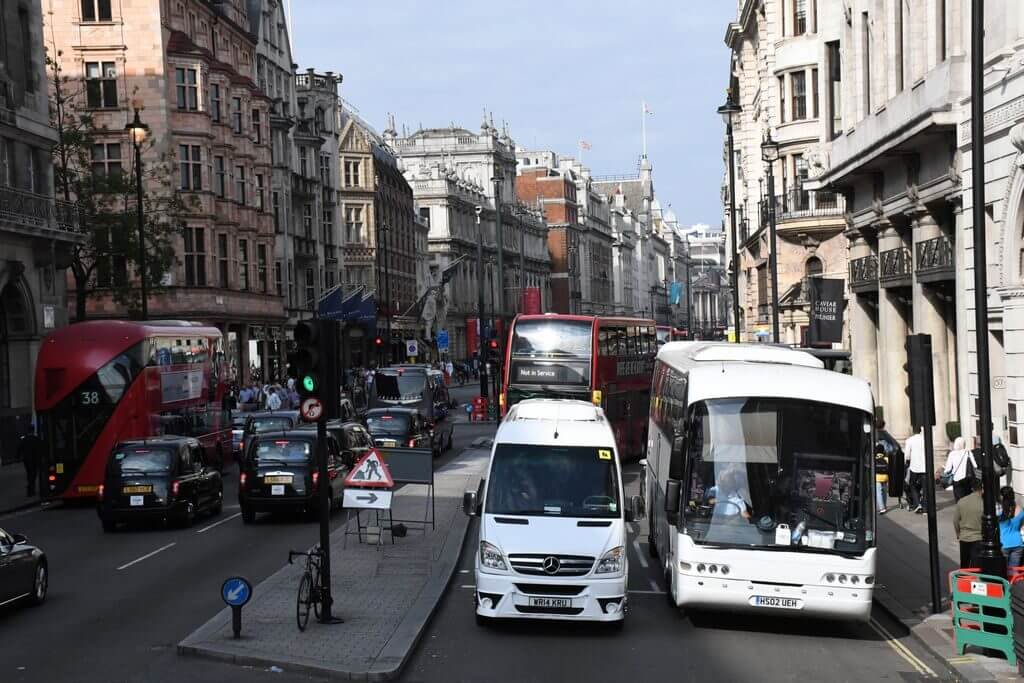
Confederation of Passenger Transport Coaching Manager, Andy Warrender updates Andy Izatt on how the trade organisation is tackling some of the challenges facing the industry
Whilst the industry as a whole seems very buoyant, there’s a considerable amount of uncertainty at the moment,” explained Andy Warrender, Coaching Manager at the Confederation of Passenger Transport (CPT). “The major topic has to be Brexit in all its forms. There has been a lull in proceedings over the last four to five months. We hoped we would have answers to more questions now than we actually have.
[…]
By subscribing you will benefit from:
- Operator & Supplier Profiles
- Face-to-Face Interviews
- Lastest News
- Test Drives and Reviews
- Legal Updates
- Route Focus
- Industry Insider Opinions
- Passenger Perspective
- Vehicle Launches
- and much more!


